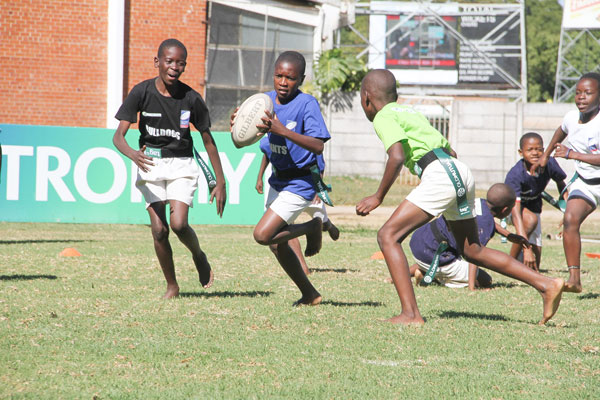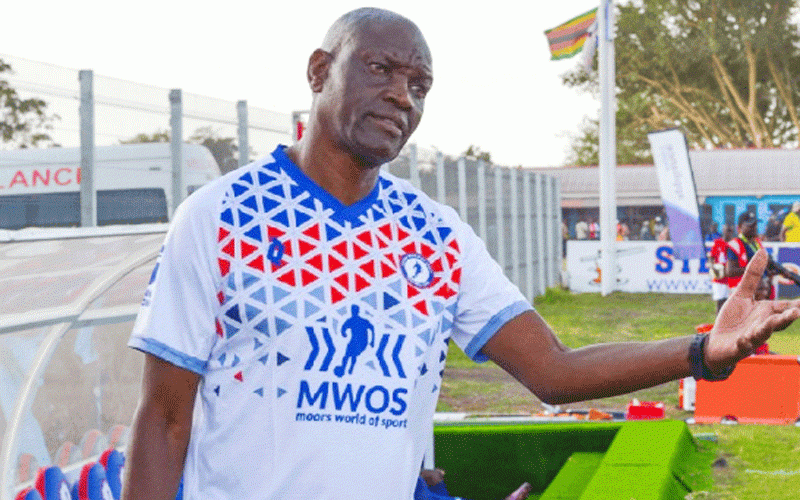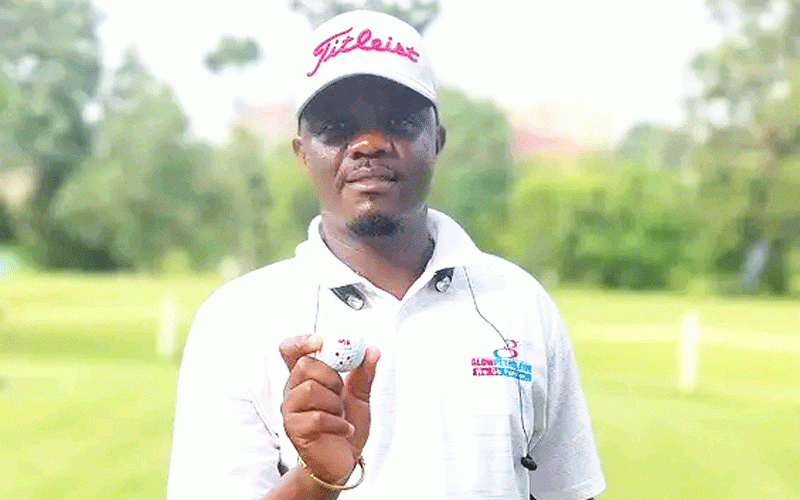
SOME pupils, and even parents, come out with the line that they are very sorry, but their child cannot take part in a school sports fixture or even practice because they have to study for their exams. Apart from the fact that it is extremely unlikely that the child would spend all the time they should have been at sport studying (they would “waste” the vast majority of that time sleeping in late, communicating on social networks, playing computer games, watching television programmes, talking with friends), it has to be argued that it is imperative that they do in fact continue with their sport.
school of sport with TIM MIDDLETON
Parents know all too well that ATS (Association of Trust Schools) schools are committed to the holistic education of their child and that sport is integral to their education, teaching vital lessons that cannot be learnt in the classroom. Sport is not an extra-curricular activity, where the word “extra” suggests that it is voluntary (a way of keeping the child amused, active or busy, if the parent or child feels like it), but a co-curricular activity – it has a key part to play in the whole curriculum being presented by the school. That does not change when exams come along! In fact, it is even more important that they continue with the sport and cultural activities when examinations come along for a number of reasons.
Firstly, sport keeps our children physically able to do much more and a healthy body leads to a healthy mind. After sport, the blood is circulated more quickly which in turn leads to greater concentration levels. After sport, the child will sleep well at night. Sitting in front of books all the time can drain the pupil’s mental agility.
Secondly sport keeps our children focused on their studies. People cannot sit in front of books for long, long periods so a break is vital – the right sort of break. Sitting in front of a television or computer screen is not a break and will turn the brain off rather than stimulate it.
Thirdly, sport provides a necessary break to be refreshed. It changes their interest for a while in a positive manner. It can clear the mind so that when they come back it is fresh and stimulating.
Fourthly, sport teaches our children about determination, perseverance, commitment and patience, among other values and qualities, all of which are equally vital for examinations—in fact, they are even more important when it comes to examinations. A focused, determined pupil will do well.
Consequently, there is absolutely no need for any pupil to complain of being asked to do sport when examinations approach, not least as they know well ahead of time what is required. If they study throughout the year, with some revision done during holidays, they will not need to come up with stories that they suddenly need to revise; if they work through the year, continuing with sport and culture activities, they will be absolutely fine when it comes to examinations.
- Chamisa under fire over US$120K donation
- Mavhunga puts DeMbare into Chibuku quarterfinals
- Pension funds bet on Cabora Bassa oilfields
- Councils defy govt fire tender directive
Keep Reading
There is no denying that continuing to play sport requires an element of sacrifice, but that is, after all, what examinations are about — it is only a matter of what is to be sacrificed. It should not be sport that is sacrificed, but rather the other forms of relaxation — television, computer games or social media. For a short period, it is better to sacrifice some social interaction for healthy activity in order for the best results to be gained.
Schools tend to stop sporting fixtures when study leave starts in the examination period, not because schools do not think they are important, but rather because different members of the sporting teams will be at different exams at different times, making it difficult to coordinate sporting fixtures. Pupils are still free, and encouraged, to continue with sport and exercise even when there are no official practices, as it will help them greatly, for the reasons shown above.
It is perfectly possible, reasonable and appropriate to continue with all those things that we believe make up education even when examinations come along. Sport does not suddenly lose its value, significance or importance just because examinations come along. Our children can do their studies as well as their sport, easily, fruitfully and successfully. Doing so is their greatest examination.
Tim Middleton is a former international hockey player and headmaster, currently serving as the Executive Director of the Association of Trust Schools (ATS) Email: [email protected]











